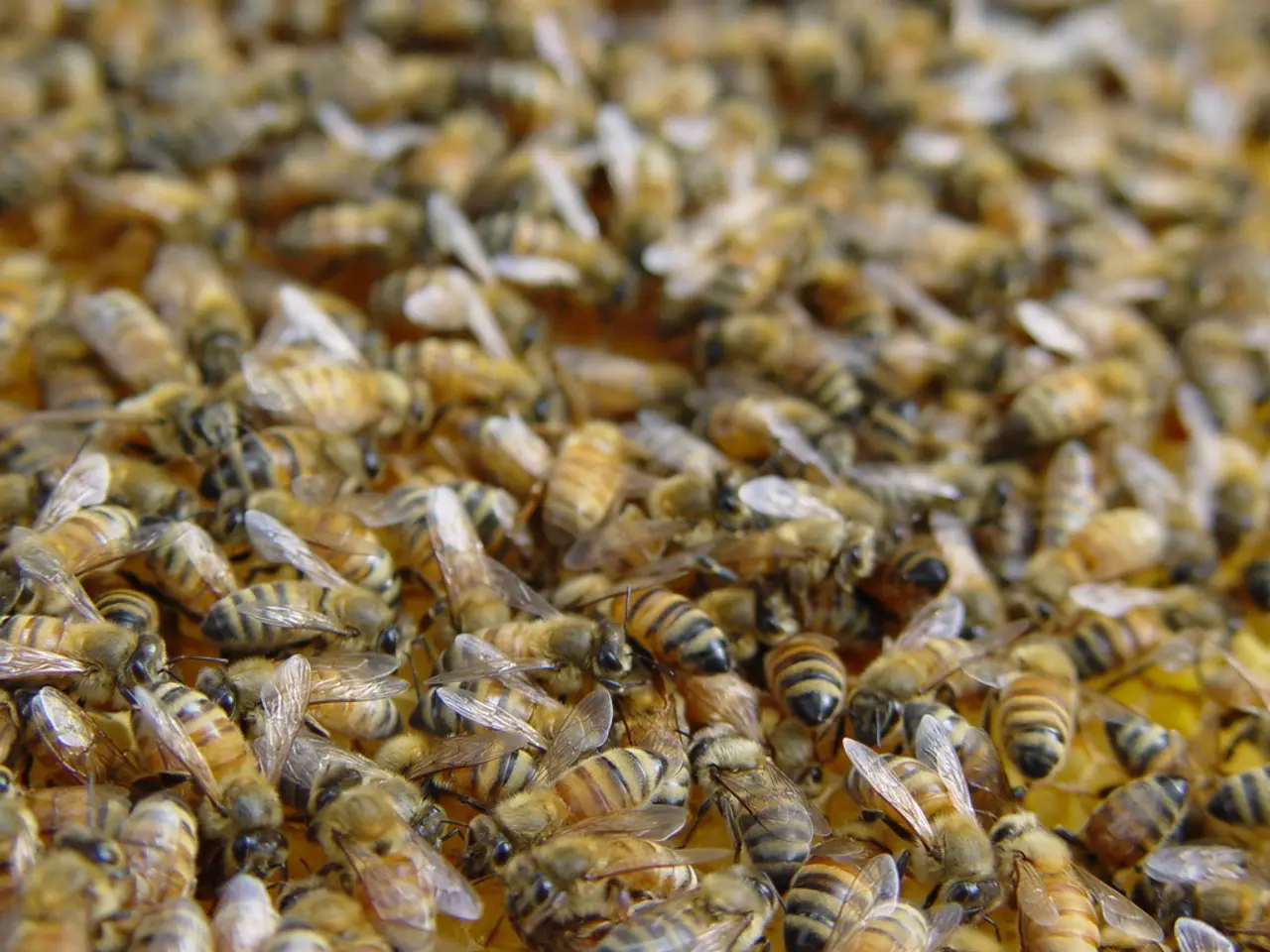Wasps consistently display aggressive behavior, but the root cause might lie more with human interactions rather than their intrinsic nature.
Wasps are commonly associated with aggression during the summer months, but it's essential to separate myth from fact. Contrary to popular belief, wasps do not naturally seek out conflicts, as explained by Giovanni Galizia, a professor of neurobiology and zoology at the University of Konstanz.
During the summer, wasps become more active due to peak colony size and increased foraging for food. They are attracted to humans primarily because of the food and beverages we consume, especially sugary drinks and protein-rich foods. Sweat and perfumes can also attract wasps. Human movements and bright colours can provoke them, and disturbing a nest increases their aggression as they defend it.
Wasps are drawn to a variety of protein sources, including cheese, dead insects, small meat remnants, and even larger dead animals. They may also be attracted to unattended food during grill evenings, such as meat and sausages.
As summer progresses and resources become scarcer, wasps can become even more aggressive. This behaviour is a response to the declining colony and the need to protect the remaining resources.
It's important to note that hoverflies, which look similar to wasps, are completely harmless and cannot sting. Hoverflies hover in the air for a long time, unlike wasps and bees.
To avoid encounters with wasps, the Nature Conservation Association Germany (NABU) advises covering food well and staying calm. Blowing air at wasps can act as an alarm signal for them.
In summary, summer aggression in wasps is linked to their peak colony size and active foraging behaviour, and they are attracted to humans by food, drinks, and scents commonly present around people during this season. Wasps are generally not aggressive, but their behaviour can become more defensive as the summer progresses and resources become scarcer.
Lifestyle choices during the summer months, such as outdoor-living and home-and-garden activities, may potentially attract wasps due to unattended food or food with sweet or protein-rich aromas. To mitigate encounters with wasps, adhere to the advice from the Nature Conservation Association Germany (NABU) by covering food properly and maintaining a calm demeanor to avoid triggering their defense mechanism.








